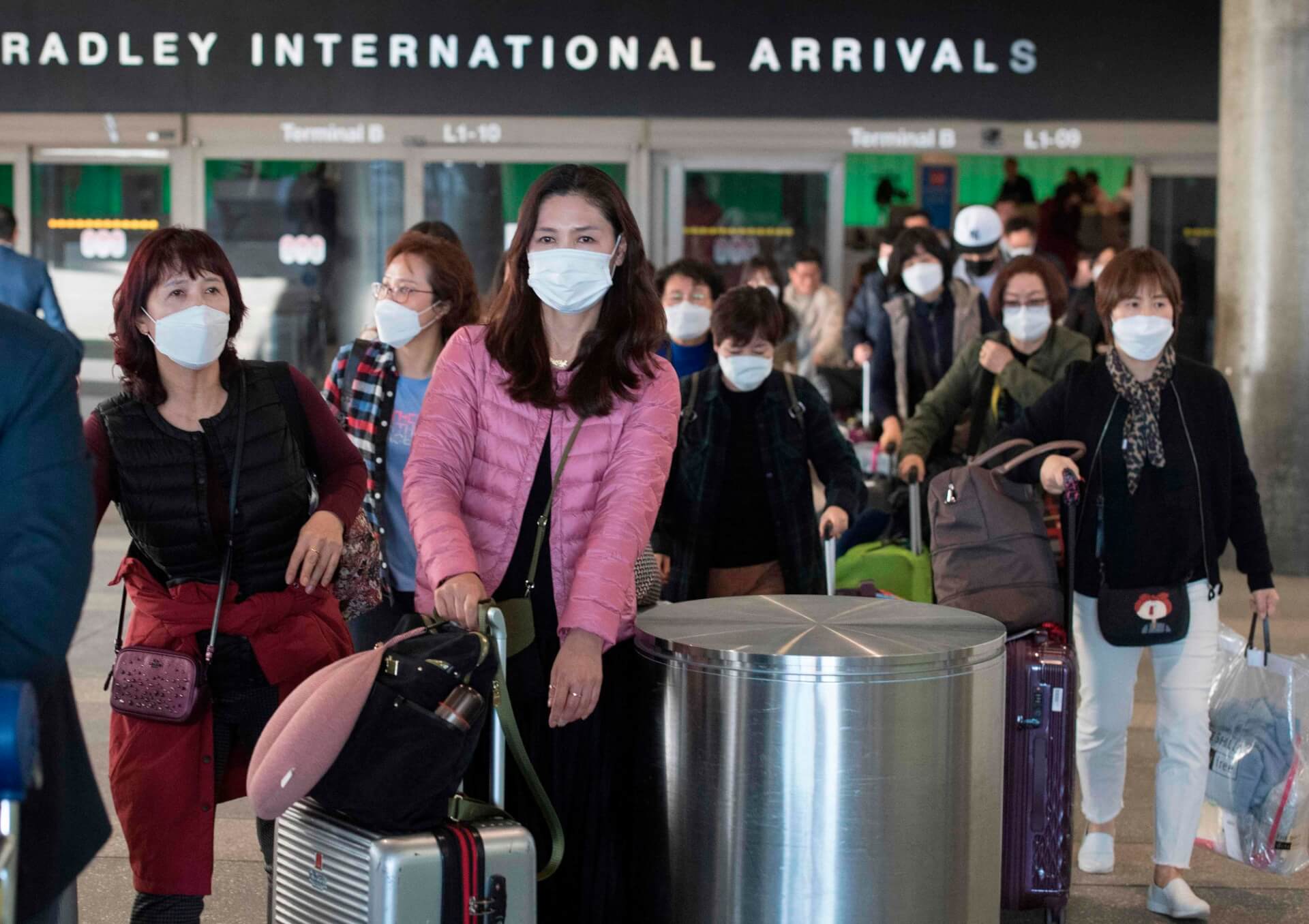A new report has found that China has opened dozens of police stations around the world to monitor its citizens living abroad, including in Cambodia, the United Arab Emirates (UAE), the Philippines, Thailand, Myanmar, Laos, Malaysia, Turkey, and Indonesia.
The report, published by Safeguard Defenders in last month, monitors China’s ongoing “growing global transnational repression.” It revealed that Chinese authorities have been persuading and pressuring Chinese nationals living abroad to return home and “face justice” in order to tackle the “growing issue of fraud and telecommunication fraud by Chinese nationals abroad.” According to the report, from April 2021 to July 2022, Chinese authorities were able to successfully persuade 230,000 suspects of telecom fraud to return to China.
Notably, the report, titled “110 Overseas: Chinese Transnational Policing Gone Wild,” also points to the Chinese government’s use of “extensive online campaigns,” along with the setting up of “Overseas Police Service Stations” on five continents, under the guise of local “Chinese Overseas Home Associations,” which are usually linked to the Chinese Communist Party’s United Front Work.
Read up on China’s growing transnational policing operations across the globe & how to stop them with our series:#InvoluntaryReturns: https://t.co/DRDF6FwHre#110Overseas: https://t.co/J0MohcX7k2#ReturnedWithoutRights: https://t.co/W8Hl65A4wD
— Safeguard Defenders (保护卫士) (@SafeguardDefend) October 3, 2022
End #TransnationalRepression pic.twitter.com/bEIOZ9w7Rr
As part of its pressure tactics, Chinese authorities threatened suspects with depriving their children of the right to education back in China, as well as by “intimidation, harassment, detention or imprisonment” of family members, to persuade them to return “voluntarily” as part of a “guilt by association” campaign. The Asian power has also designated nine countries as having serious fraud, telecom fraud, and web crimes, with the report noting that Chinese nationals are no longer permitted to reside in those countries without “good reason”.
Interestingly, the report states that although Beijing identified only nine countries as being “particularly prone to hosting Chinese nationals engaging in such criminal activities,” the establishment of overseas police “service stations” is “a worldwide phenomenon,” with the majority of such stations being set up “in Western democratic nations, with a particular focus on Europe, and not in the “nine forbidden countries.”
“These operations eschew official bilateral police and judicial cooperation and violate the international rule of law, and may violate the territorial integrity of third countries involved in setting up a parallel policing mechanism using illegal methods,” the pan-Asia human rights watchdog declared.
After a (continuing) stream of fake @SafeguardDefend @twitter accounts, more elsewhere to bury disturbing content of our #110Overseas investigation, documenting the set-up of illegal Chinese police stations around the world. 🧵👇
— Laura Harth 😷 🇹🇼 🍎 🇺🇦 (@LauraHarth) October 3, 2022
Read the real one here: https://t.co/XZNC2Fc5HS https://t.co/edoxDzo0T8
It also stated that “abandoning any pretext of due process or the consideration of suspects’ innocence until proven guilty, targeting suspects’ children and relatives in China as “guilty by association” or “collateral damage”, and using threats and intimidation to target suspects abroad” is now becoming “an endemic problem.”
The watchdog concluded its report by recommending that as Beijing’s “operations continue to develop and new mechanisms are set up, it is evident that countries governed by the standards set by universal human rights and the rule of law urgently need to investigate these practices to identify the (local) actors at work, mitigate the risks and effectively protect the growing number of those targeted.”

